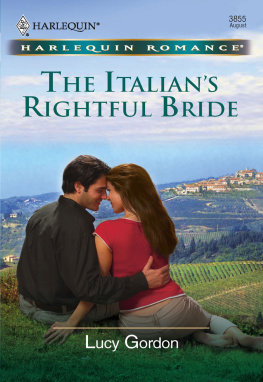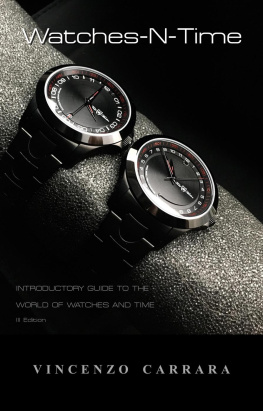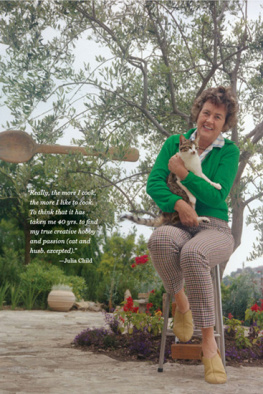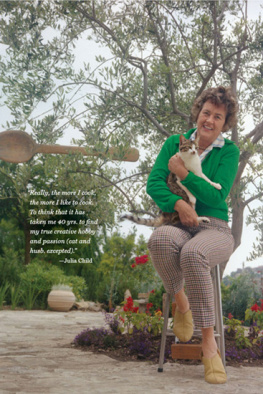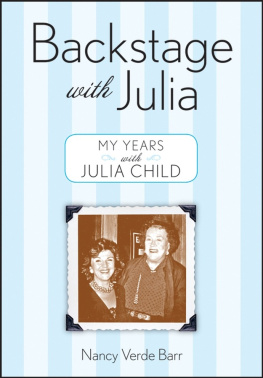
Lucy Gordon
A Family For Keeps
A book in the Heart to Heart series, 2005
This would be a good place to die.
She didn't utter the words but they were there in her heart. They swam up from the depths of the black water. They lingered around the cold grey stones and whispered away into the darkness.
She hadn't thought about dying when she'd planned to come here. Only revenge. There had been a long time to think about that.
The passion for revenge had brought her to this corner of Venice. She'd envisaged no further, certain that the next step would reveal itself when the time came.
Instead-nothing.
But what had she thought was going to happen when she got here? That the first face she saw would be the one she was seeking?
Or rather, one of the two faces she was seeking. One face she might not recognise after so many years, but the other she would know anywhere, any time. It haunted her by day and lived in her nightmares.
It was cold. The wind whistled along the canals and down the little alleys, and there was no comfort in all the world.
'I can't sleep at night, yet now I could sleep for ever. For ever-and ever-and ever-
'Yes, this would be a good place'
At midnight Venice was the quietest city in the world, and in winter it could be the most mournful.
No cars, only the occasional sound of a passing boat, footsteps echoing on the hard stones, or the soft lap of tiny waves. And even this would soon die away into silence.
Here, by the Rialto Bridge, shadow merged with stone and stone with water, so that it was hard to tell if the bundle of clothes in the corner contained a living being or not.
At first sight, Piero thought that it probably did not, so still did it lie. He approached the bundle and gave it a tentative prod. It groaned softly, but didn't move. He frowned. A woman from the sound of it.
'Hey!' He tapped again and she rolled a little way so that he could discern a face. It was pale and drawn, and in this light that was all he could make out.
'Come with me,' he said in Italian.
For a moment she stared at him out of blank eyes, and he wondered if she had understood. Then she began to haul herself up, making no protest, asking no questions.
He half guided, half supported her away from the bridge, in to an alley, which turned into another alley and then into another, and another. To the casual eye they looked identical, all cold, narrow, gleaming with rain. But he found his way between them easily.
The woman with him barely noticed. Her heart was like a frozen stone in her body, numbing all feeling except despair.
Once she stumbled and he held her safe, muttering, 'Not much farther.'
She could see now that they had reached the rear entrance of a building. There was just enough light to reveal that it was palatial. There was a large set of ornate double doors, maybe twelve feet high. But he passed these and led her to a much smaller door.
At first it stuck, but when he put his shoulder to it, with a movement that was half a push, half a shake, it yielded. Inside there was a torch, which he used to find the rest of the way.
Their footsteps sounded hollow on the tiled floors, giving her the sense of a grandiose building. She had a brief impression of a sweeping staircase and a wall with pale spaces where there had once been pictures.
A palace, but a shabby, abandoned palace.
At last he led her into a small room, where there were an armchair and a couple of sofas. Gently he guided her to one.
'Thank you,' she whispered, speaking for the first time.
He regarded her with surprise.
'English?' he asked.
She made the effort. 'Si. Sono inglese.'
'There's no need for that,' he said in perfect English. 'I speak your language. Now you must have some food. My name is Piero, by the way.'
When she hesitated he said, 'Any name will do- Cynthia, Anastasia, Wilhemina, Julia-'
'Julia,' she said. It was as good a name as any.
In one corner stood a tall ceramic stove, white with gilt decoration. In the lower part was a pair of doors, which he opened and began to pile wood inside.
'The electricity is off,' he explained, 'so it's lucky that ' the old stove remains. This one has stood here nearly two hundred years, and it still works. The trouble is I'm out of paper to light it.'
'Here. I got a newspaper on the plane.'
He showed no surprise at someone who had managed to buy a plane ticket and then slept in the street. He simply struck a match and in a few moments they had the beginnings of a fire.
At last they considered each other.
She saw an old man, tall, very thin, with a shock of white hair. He wore an ancient overcoat, tied with string around the waist, and a threadbare woollen scarf wrapped around his throat. He seemed a mixture of scarecrow and clown. His face was almost cadaverous, making his bright blue eyes exceptionally vivid by contrast. Even more noticeable was his smile, brilliant as a beacon, which flashed on and off.
Piero saw a woman whose age he couldn't guess except to put her in the mid thirties. Perhaps older, perhaps younger.
She was tall, and her figure, dressed in serviceable jeans, sweater and jacket, was a little too slim to be ideal. Her long fair hair hung forward like a curtain, making it hard to see her properly. Perhaps she preferred it that way because she mostly let it hang. Just once she brushed it aside, revealing that suffering had left her with a weary, troubled face, large eyes, and an air of distrusting all the world.
Her face was too lean and almost haggard. There was beauty there, but it came from a fire that burned far back behind her eyes.
'Thank you for finding me,' she said at last, speaking in a soft voice.
'You'd have been dead by morning, lying in that freezing place.'
'Probably.' She didn't sound as though this were of much interest. 'Where are we?'
'This is the Palazzo di Montese, home of the Counts di Montese for nine centuries. It's empty because the present count can't afford to live here.'
'So you live here instead?'
'That's right. And nobody bothers me because they're afraid of the ghost,' he added with relish.
'What ghost?'
He reached behind the chair to where an old sheet lay on the floor. Draping it over his head, he threw up his arms and began to wail.
'That ghost,' he said, tossing the sheet away and speaking normally.
She gave a faint smile. 'That's very scary,' she said.
He cackled like a delighted child. 'If people didn't believe in the ghost to start with they wouldn't take any notice of me. But everyone around here has heard about Annina, so they tell themselves it's her.'
'Who was she really?'
'She lived seven hundred years ago. She was a Venetian girl with a vast fortune but no title, which mattered a lot in those days. She fell madly in love with Count Ruggiero di Montese but he only married her for her money. When she'd borne him a son he locked her away. Eventually her body was found floating in the Grand Canal.
'Some said she was murdered, others that she had escaped in a small boat, which capsized. Now she's supposed to haunt this place. They say you can hear her voice calling up from the dungeons, begging to be released, crying to be allowed to see her child.'
He stopped because a faint sound had broken from her.
'Are you all right?' he asked, concerned.
'Yes,' she whispered.
'I haven't scared you, have I? Surely you don't believe in ghosts?'
'Not that kind of ghost,' Julia said softly.
He started the supper. By now the fire was burning merrily, so he fixed a grid over the burning wood, and used this to heat coffee.
Next page

